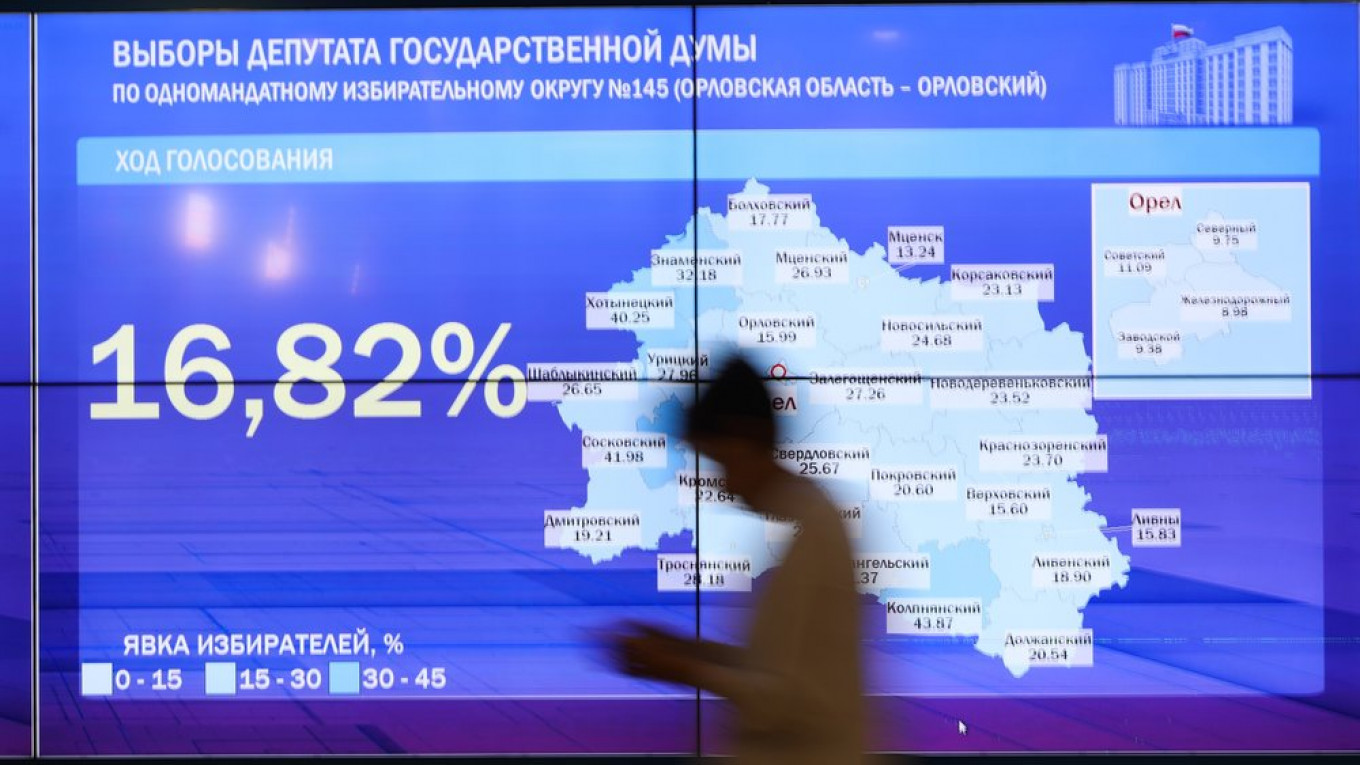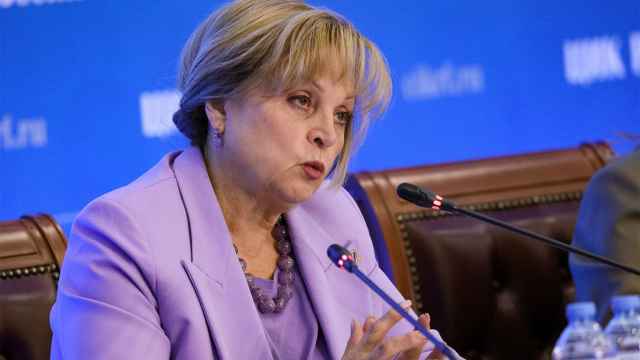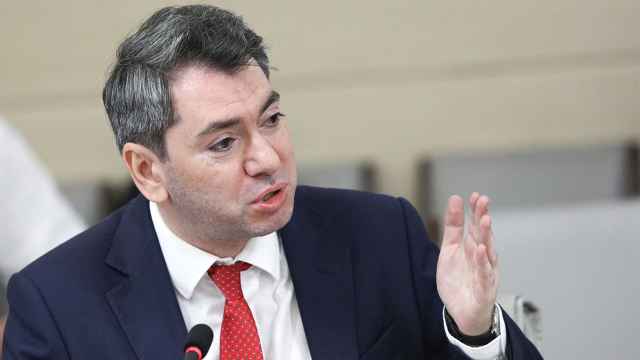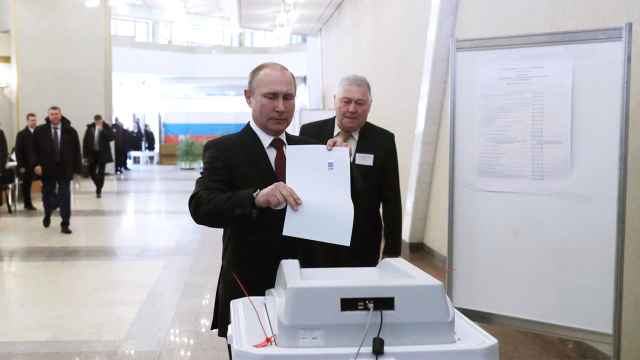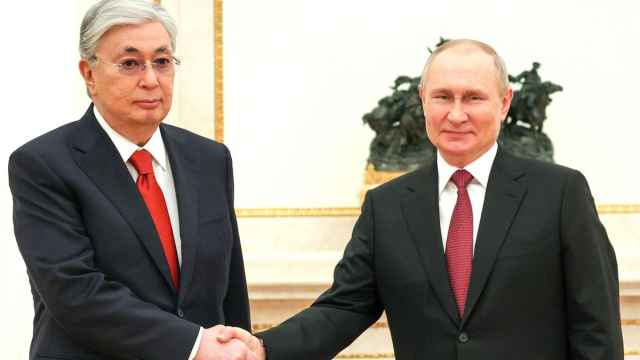For Vladimir Putin and his team, the results of Russia’s Sept. 8 regional elections were mixed. As far as political optics — ever vital in modern Russia — are concerned, the Kremlin sustained a major defeat: An upstart strategy backed by opposition leader Alexei Navalny proved quite successful in Moscow and the Far East.
However, the opposition failed to knock off any sitting governors this year, limiting gains in a number of regions, and it remains unclear exactly how "oppositional" many of the non-Kremlin candidates will prove to be. “Who won” is a difficult question to answer.
What’s more clear is that “managed democracy,” a hallmark of Putin’s tenure in office, is proving harder to manage. And because of it, Russia’s party system may well be in for some serious changes.
Smart Voting: Actually Pretty Smart
The success of opposition candidates in races across several cities stems from a strategy backed by Navalny called "Smart Voting," wherein people dissatisfied with the status quo (i.e. United Russia) pool their votes behind the opposing candidate deemed most likely to mount a successful challenge, irrespective of their party.
That might mean supporting an actually-liberal candidate from Yabloko, a communist, or a member of neither-particularly-liberal-nor-democratic Liberal Democratic Party (LDPR).
Opposition candidates from the Communist Party, Yabloko, and A Just Russia won nearly half of the seats in the Moscow City Duma, defeating several high profile independent candidates running for office and away from their United Russia ties. Opposition parties made gains in St. Petersburg too, despite what appears to be systemic election fraud.
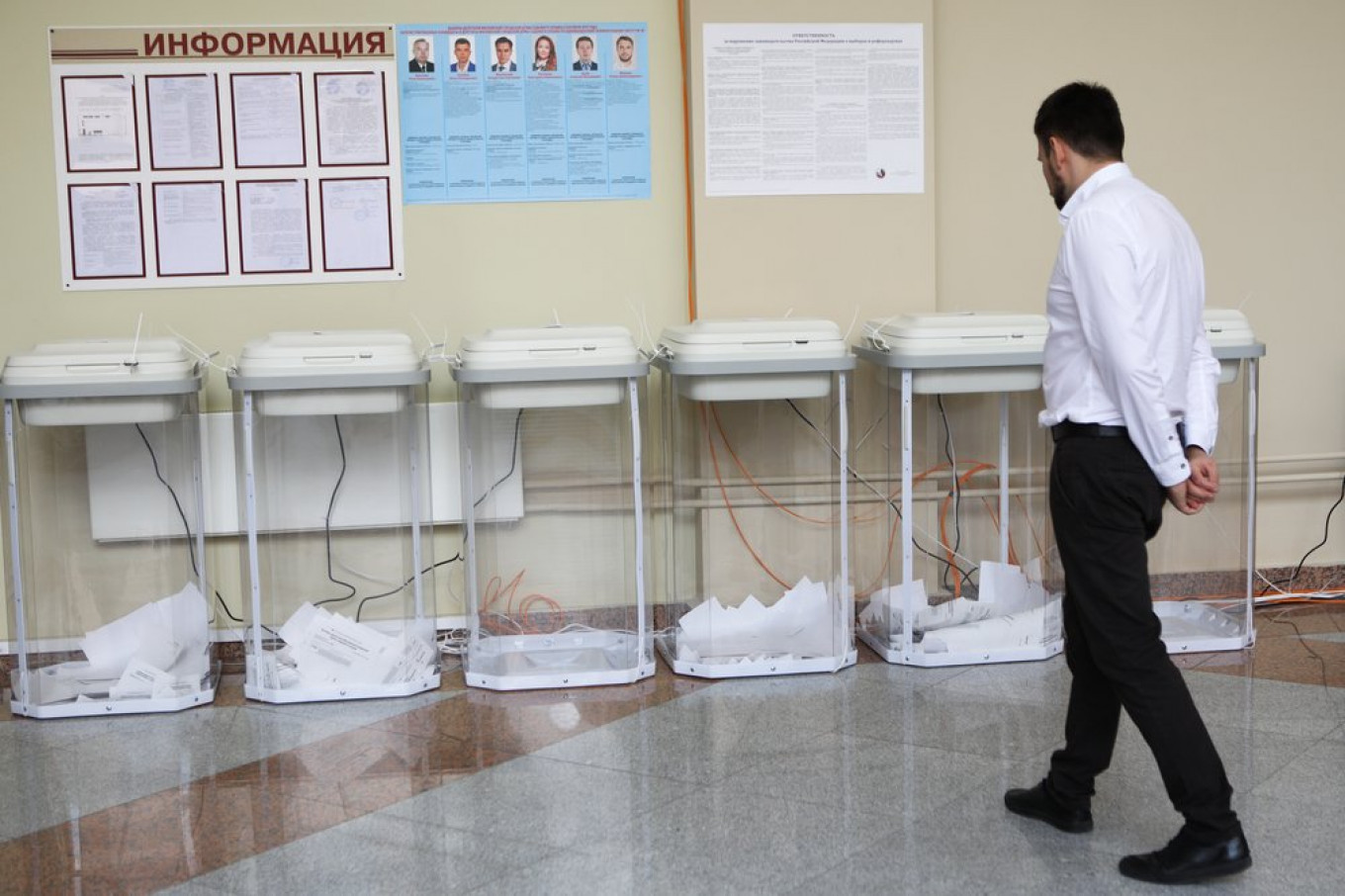
Smart Voting capitalized on what until recently had been an important stabilizing tool in modern Russia’s political system: The presence of a loyal systemic opposition that ultimately supports the Kremlin but divides and provides a release for dissatisfied voters.
Though these opposition parties are by no means interested in overthrowing the current order, they are real political institutions with the ability to mobilize voters and extract concessions from the Kremlin.
While unable to block policy nationwide — not helped by United Russia’s supermajority in the State Duma — they can certainly bend it. As long as this party system exists, and particularly with a disaffected electorate, it can be exploited by a unified protest vote.
… But Take it with a Grain of Salt
Judging by the widespread repression of pro-Navalny infrastructure in the wake of voting, the Kremlin was embarrassed by the results.
But despite this setback for Putin’s team, it would be an overreach to call this a political tidal wave. Firstly, the geographic reach of Smart Voting was modest, and as noted, failed to unseat any acting-governors.
While United Russia was thoroughly routed by LDPR in Khabarovsk, this likely stems more from the role of the sitting LDPR governor — himself the winner of a protest vote. One political scientist calculates that in Moscow, 3-4% of voters were motivated by Smart Voting, a figure large enough to swing races in a low-turnout scenario like in regional elections, but insufficient to make the same impact in a national election with higher turnout.
Though Navalny arguably notched an optical victory, the results do not necessarily mean he built support for himself. Indeed, many of the protest candidates that won are from pro-status quo parties, and likely have no interest in liberal causes.
Voters, many of whom are presumably not backers of Navalny, knowingly and cynically advanced a cadre of populists to protest their dissatisfaction with United Russia and more broadly, economic stagnation. The dynamic at play here is festering dissatisfaction with United Russia, not a sudden surge in support for A Just Russia, for instance.
Lastly, local officials demonstrated a willingness and capacity to deploy the state apparatus (administrative resources, as they are known locally) to keep opposition candidates off the ballot. Any hopes that the case of journalist Ivan Golunov meant authorities would take an accommodating approach to public pressure were dashed as promising candidates such as Lyubov Sobol and Alexandr Solovyov were barred from running and the ensuing protests were violently suppressed. In other words, any truly threating opposition candidates can be conveniently marginalized.
Unmanaged Democracy
Russia’s next nationwide Duma vote is now less than two years away, and a cardinal shift in economic performance — which could give United Russia a needed boost — seems unlikely. So barring another international crisis precipitating a new Crimean Consensus, where does that leave Russia’s ruling party?
The current Duma’s job approval sits at 37%, while 32% of adults indicated they would vote for United Russia if elections were held next Sunday. In the party list vote (where voters vote for a party instead of a particular candidate), United Russia is insulated from Smart Voting — but its unpopularity increases the risk of a major embarrassment in 2021.
Conversely, in single-mandate districts (voters vote for specific candidates), the Kremlin can run independents to avoid United Russia’s reputation, but such races are harder to manage, and “independence” might not fool voters.
Meanwhile, blatant falsification could tip the scales if needed, but is not considered kosher by central authorities for risk of delegitimizing results and risking protest as was the case in 2011 and 2012. Moreover, pushing aside the systemic opposition may lead to low turnout. Though not necessarily the likeliest outcome, the specter of a 2021 humiliation looms.
In the meantime, systemic opposition politicians, though their political gains were modest overall, have a constituency supporting them from below (as opposed to from above), perhaps freeing them to demand more concessions and act marginally more independently. Whether or not they do so remains a question, but they will nonetheless gain critical experience in government office.
It is hard to say whether this all means a shakeup of the systemic opposition. The installation of younger, more dynamic leaders at the helm of the Communist and Liberal Democratic parties may worsen the issue for the Kremlin here. Alternatively, the activation of the All-Russia People’s Front organization in place of United Russia may provide a fresher establishment party, but such a step has been predicted for years at this point.
Stranger still, Putin’s infamous caterer Yevgeny Prigozhin’s team reportedly proposed introducing a two party system. But whatever the case, for the Kremlin’s domestic policy curators, Russia’s politics are growing harder to predict and harder to manage. Something will have to give.
A Message from The Moscow Times:
Dear readers,
We are facing unprecedented challenges. Russia's Prosecutor General's Office has designated The Moscow Times as an "undesirable" organization, criminalizing our work and putting our staff at risk of prosecution. This follows our earlier unjust labeling as a "foreign agent."
These actions are direct attempts to silence independent journalism in Russia. The authorities claim our work "discredits the decisions of the Russian leadership." We see things differently: we strive to provide accurate, unbiased reporting on Russia.
We, the journalists of The Moscow Times, refuse to be silenced. But to continue our work, we need your help.
Your support, no matter how small, makes a world of difference. If you can, please support us monthly starting from just $2. It's quick to set up, and every contribution makes a significant impact.
By supporting The Moscow Times, you're defending open, independent journalism in the face of repression. Thank you for standing with us.
Remind me later.



